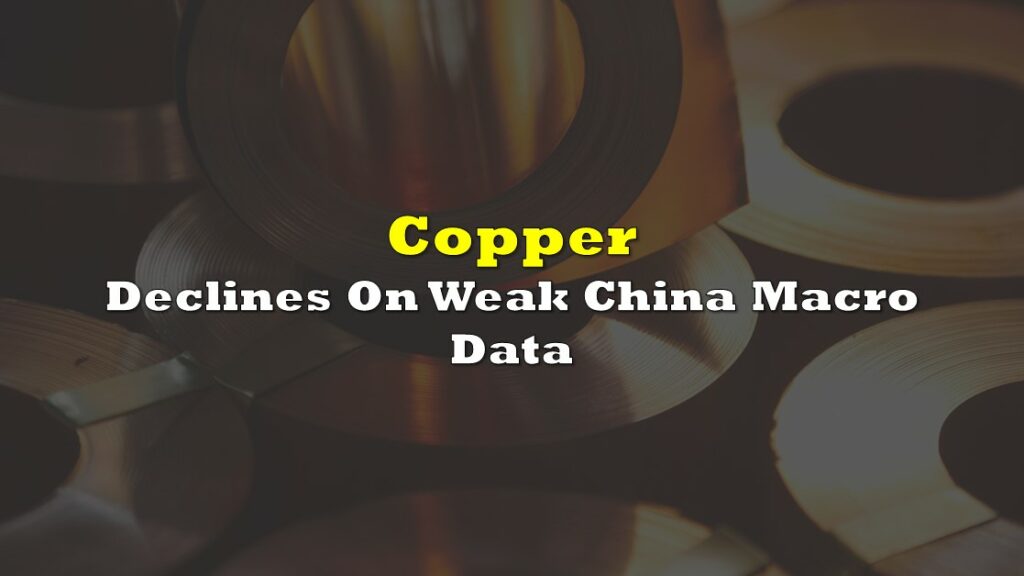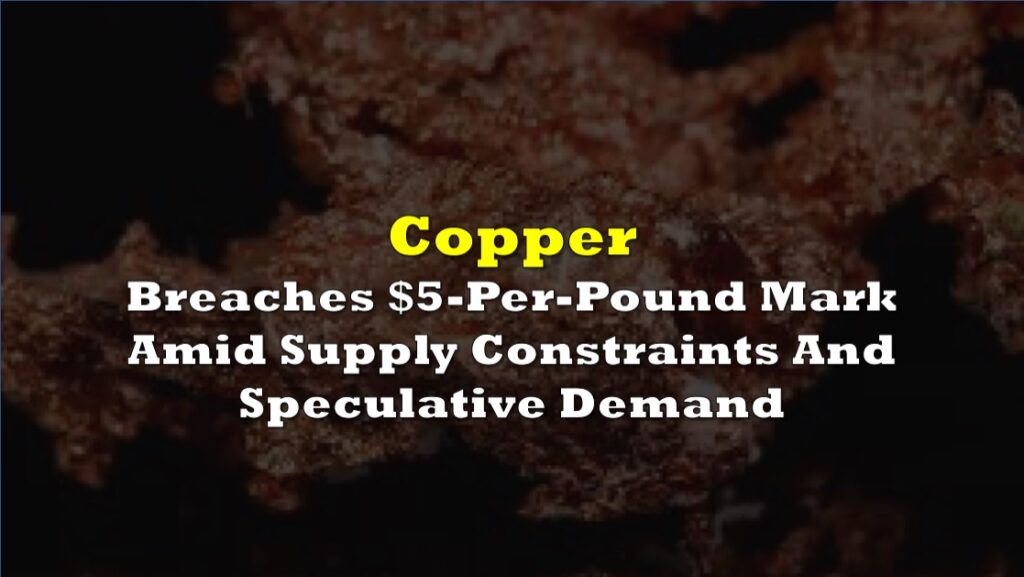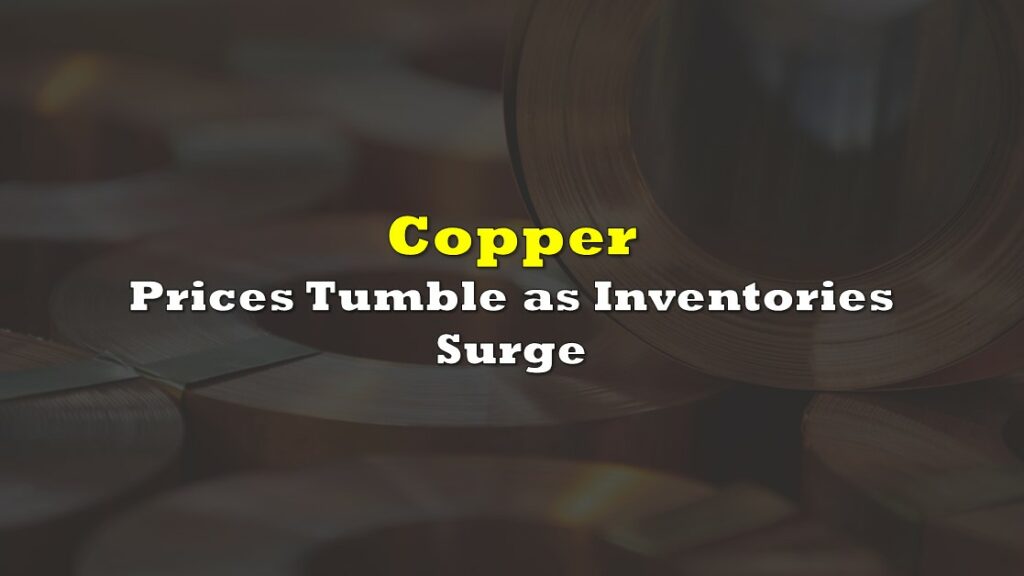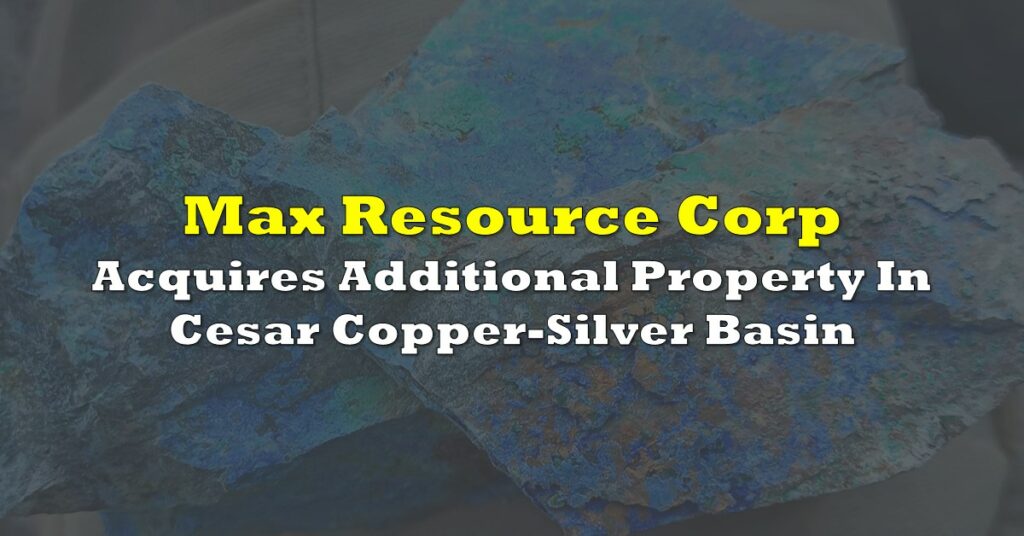Chile’s finance ministry has proposed changes to the mining royalty bill that drew flak from miners, removing provisions that assessed higher rates for larger miners and based payments on copper prices.
The amended proposal, presented by finance minister Mario Marcel on Wednesday, includes a flat rate ad valorem tax rate of 1% on large-scale miners that extract over 50,000 metric tons per year, exempting those with negative operating margins.
The original proposal, introduced in July, put the rate on sales at 1-4% depending on production, also for over 50,000 metric tons per year. It was criticized by global producers BHP and Antofagasta, citing it would make Chile, the world’s largest copper producer, less competitive and impact investments.
The new proposal also modifies the tax rate on operating profits to 8% to 26% after depreciation, based on operating margins, instead of being adjusted based on copper prices as originally proposed.
“Considering these changes, it is estimated that the mining royalty would collect an additional 0.6% of GDP, of which 0.46% of GDP would be the product of the new structure and the remaining 0.15% the result of growth in production and costs,” the Finance Ministry said in a statement.
The mining industry makes up 15% of Chile’s GDP, with nearly $10 billion or 13% of government revenue.
Sociedad Nacional de Minería de Chile (SONAMI) described the amended proposal as “worrying,” saying that setting the ad valorem rate at 1% will still produce a high tax rate, with effective rates going above 55%.
Effective rates in other mining countries such as Australia, Canada, and Peru are below the 45% threshold. The association’s president, Jorge Riesco, also pointed out that copper production in the country has not grown in the last 18 years. State copper commission Cochilco forecasts that copper production will go down 5-6% this year.
Information for this briefing was found via Reuters, BNAmericas, SONAMI, and the sources mentioned. The author has no securities or affiliations related to this organization. Not a recommendation to buy or sell. Always do additional research and consult a professional before purchasing a security. The author holds no licenses.









